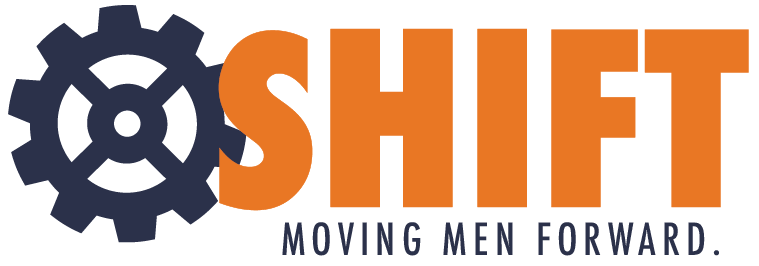Trust but verify
“Trust but verify” isn’t just a catchy phrase — it’s a mindset that strikes a balance between optimism and realism. In a world where we rely on others for information, services, and relationships, trust is essential. But blind trust? That’s a fast track to regret. Verifying what we’ve been told, shown, or promised isn’t cynical — it’s wise.
Trust creates the social glue that holds families, organizations, and communities together. Without it, every interaction becomes a negotiation, and every relationship is strained. We want to believe people are honest, that systems work the way they’re supposed to, and that what we see or hear can be taken at face value.
But humans are fallible. Systems break. And sometimes, things are just too good to be true.
When you verify, you’re not questioning someone’s character — you’re reinforcing the structure underneath that trust. It’s not suspicion; it’s stewardship. Take hiring, for example. You trust someone’s resume, but you still call references. Why? Because verification protects your team and your mission. Or think of parenting — you may trust your teenager, but you still ask where they’re going and make sure there’s gas in the car. That’s not a lack of love. That’s what responsibility looks like.
In business, “trust but verify” is the difference between leadership and liability.
It’s why contracts exist, why auditors get paid, and why deadlines are written down instead of vaguely agreed upon. Verifying facts, numbers, and processes doesn’t slow things down — it saves you from cleaning up a bigger mess later.
Even in everyday life, this principle pays off. That product with thousands of glowing reviews? Dig a little deeper. That news article that seems a little too outrageous? Check the source. That email claiming you’ve won something amazing? You know better. When you verify, you take control of your decision-making instead of handing it over to assumptions or appearances.
On a deeper level, “trust but verify” allows us to stay open to the world without getting crushed by it. It keeps us hopeful, but not naive. It encourages grace, but with boundaries. It reminds us that wisdom doesn’t mean shutting others out — it means showing up prepared and informed.
And yes, verification takes more time. It requires follow-up, sometimes awkward conversations, and a willingness to question things even when they align with what we want to believe. But the reward is clarity. It’s making fewer decisions based on wishful thinking and more based on reality.
So if you want to live with both heart and backbone, embrace this practice. Trust people. Trust yourself. But verify what matters.
Don’t take my word for it — go try it out for yourself.
